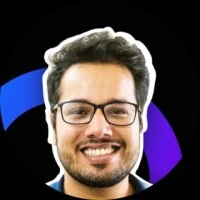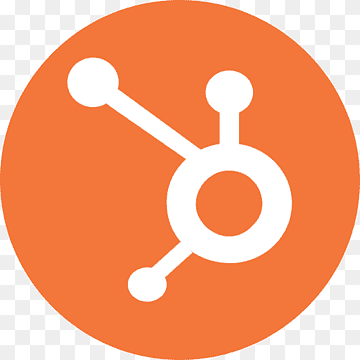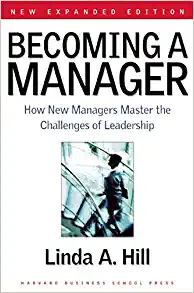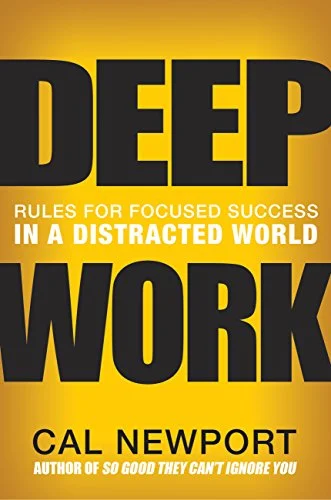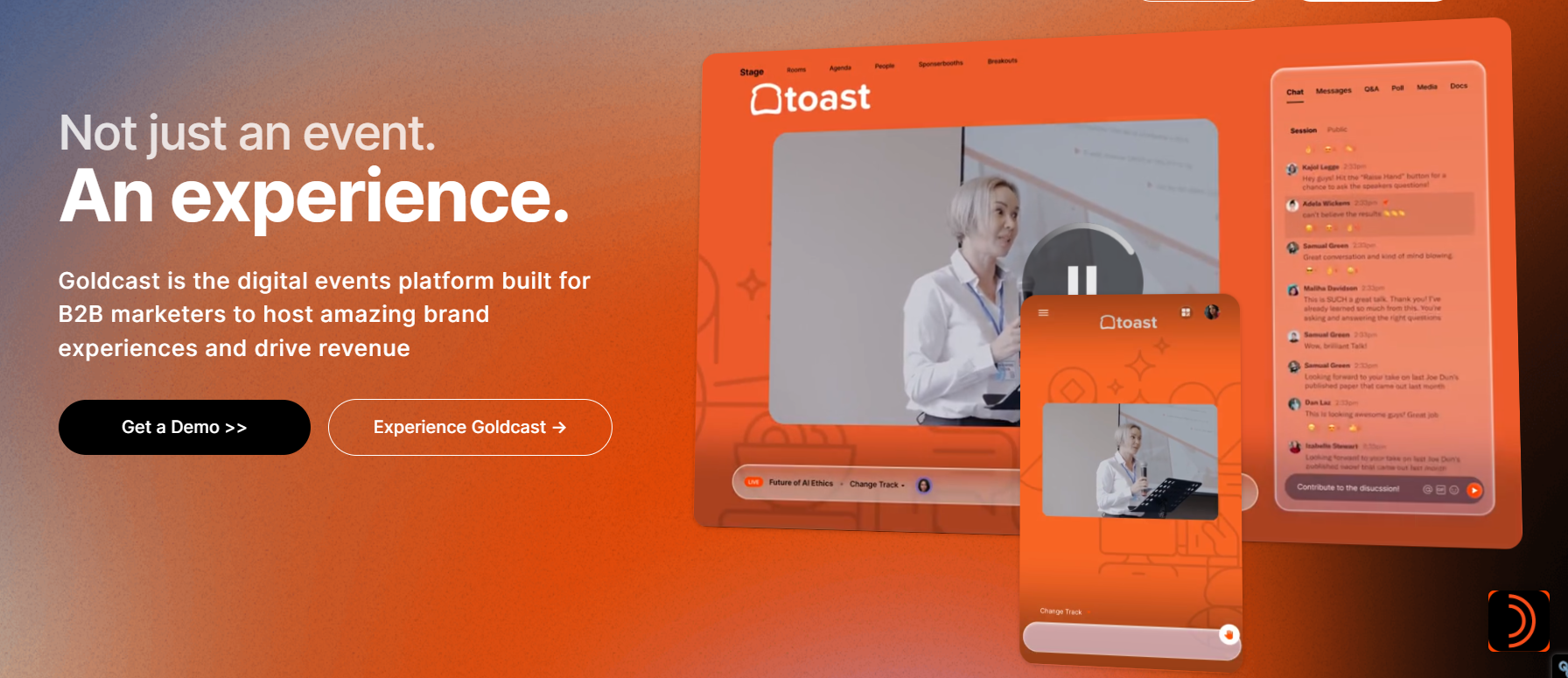Follow: YouTube | Apple | Spotify | Google
Palash is the co-founder and CEO of GoldCast, who found a differentiated business idea in the crowded digital events space by focusing on B2B, simplifying and branding the product experience. The company has grown from $20K in monthly recurring revenue (MRR) in early 2021 to $200K MRR in 2022, with a goal of reaching $600K MRR by the end of 2022. GoldCast recently closed an impressive $28M series A funding round.
Palash is a young entrepreneur who dropped out of Harvard Business School to focus on the virtual event space and has created a successful product in this field.
How did you discover the need for GoldCast and decide to start the company?
I have a background in electrical engineering and have also been exposed to computer science and mechanical engineering. After a brief stint in manufacturing, I spent four years at an ad tech MarTech company building products and leading customer success and sales teams. At that company, we heavily relied on events for our B2B go-to-market strategy but struggled to justify the expenses and measure the impact of these events. This led me to recognize the need for a makeover in the events industry, similar to the transformations that other industries have undergone.
When the Covid-19 pandemic caused a shift to virtual events, I saw an opportunity to build a platform that could provide omnichannel event marketing and measure the value of events. I believe that this niche is big enough for a public company to exist, and that is our goal.
What allowed GoldCast to stand out and drive success? How do you plan to sustain this differentiation in the future?
When we entered the virtual events market, it was already crowded with funded startups, including one particularly large company. Many of these products were designed for trade shows and conference organizers and were therefore complicated and focused on features like ticketing and sponsorships. We saw that B2B marketers, who are often resource-strapped, needed a simpler product that could handle webinars and small conferences as well as larger events.
We prioritized ease of use, scalability, and branding to make our product stand out. We also focused on integrations with Marketo and HubSpot, which are used by a large percentage of B2B companies. These integrations helped us attract and retain customers.
Our goal was to create a product that helped event organizers achieve their objectives, rather than just providing a means for hosting events.
How did focusing on simplicity improve GoldCast’s adoption, onboarding, and usage?
GoldCast focused on simplicity in two areas: the attendee experience and the ease of use for organizers. For the attendee experience, the goal was to put the brand and content front and center and avoid overwhelming the user with too many features.
For the organizer, the focus was on making the onboarding and adoption process as simple as possible by limiting the number of advanced features that required a deep understanding of the product. This was a risky decision, but GoldCast’s bet was that a simpler initial experience would be worth it in the long run.
Can you provide some context for GoldCast’s sales and marketing metrics, including the ACV (Annual Contract Value) and CAC (Customer Acquisition Cost)?
Our ACV is currently around $30K, which has increased from $20K. Our LTV to CAC ratio is around 1.5, assuming life time period to be three years. Although there is room for improvement, this is partly due to the fact that we have heavily invested in marketing and sales upfront and are still in the ramp-up phase for many initiatives.
Our burn ratio fluctuates around 1.5 to 2.5. The burn ratio is a metric that measures the amount of money spent to bring in an additional dollar of revenue. So for every dollar of ARR we bring in, we spend $1.5-$2.5. The company’s burn ratio was not ideal, but it is considered good for its stage because the engineering team is based in India, which allows the company to spend about a third of what other companies with local engineering teams would spend. This enables the company to focus on sales and marketing efforts.
Can you share which go-to-market experiments have been successful and which have not worked?
Even though some are saying there is events fatigue, our online events focused on providing content for B2B event marketers have been very successful, proving to bring more than 100 attendees every event. We have been focusing on providing content and events for B2B event marketers, and have become well-known in this niche. Our events and content attract a lot of engagement from event marketers who appreciate that we understand their problems and speak to them in a way that they can relate to. We have two flagship event series: “CMO Diaries” and “Event Marketer Live,” both of which have been successful.
However, we did not prioritize SEO from the beginning and this has impacted our visibility on search engines. We are now investing heavily in SEO to improve this. In addition, we have found success with Business Development Representatives (BDRs), who have contributed significantly to our pipeline, despite the perception that the BDR model is no longer effective.
We have also found success with Business Development Representatives (BDRs), who work through linkedin and email, and who have contributed significantly to our pipeline. They are using Outreach, working mostly off leads that have come to our events, so not completely cold leads. About 40% of our pipeline come from BDRs.
Can you share what works from a sales executive perspective, including the target quota, ramp time, and factors that differentiate high-performing from low-performing employees?
As a company, we have around five Account Executives (AEs) with quotas ranging from $800K to $1.2M per year, depending on their experience and seniority. We have found that the key characteristics of successful AEs include a love for selling to marketers, the ability to engage and connect with them, and expertise in solutions to address the unique and complex needs of customers events. These traits have helped our AEs effectively address the concerns of marketers and build confidence in our product and team.
Can you share some challenges that you or your team have faced as founders, and how you approached overcoming them?
One of the challenges that we have always had was at least the first two rounds every day. The very first challenge that we realized when we were going days around as we thought that this business cannot be done without venture capital.
Because at that time, this was like summers of May and June of 2020, and we only had a deck at that time, and there were other players who had raised like $10, $15 million at that time, and the decision in front of us was how do we get into this market because we are also immigrants with a student visa.
So there’s no like legit real, straightforward way to work full-time in the US as an entrepreneur. So there was that problem. There was covid coming in. I had a kid at home, who was like three, or four months old. So to take the decision to move out of HPS and figure out a visa in that time, right?
Which was very tough on immigration. All of this uncertainty was huge, and I had to ultimately as the CEO makes the decision, okay, all three of us going to drop out? If yes, how much are we going to today? How much are we going to value? And I just felt that this is like a change, an industry change that. That only comes in not that often, right? It’s like coming back to today, it’s like the release of GPT three, right?
Those things don’t happen often. Those currents don’t happen often. So, we thought we had the right team and the insight to go after it. And also the other thing is I had been in this phase of like evaluating ideas and almost coming close to going in for four years, I would say.
So I just wanted to dig in and say, okay, what is the worst that will happen? We might have to come back to business school after two years, which is okay, and not the end of the world. So, I would say, almost a reckless bet to go in at that time. The other challenge that we faced was that we always needed capital to keep up.
The understanding of this market is not that deep within vs. And they tend to view it as a very horizontal muddled-up market where everything is the same. And so it’s very hard for us to make the claim that okay we are different from X, Y, Z, or this player is focused on that.
This place is focused on because they believe it’s all just one big horizontal. At least most species have this. And so if you look at it as it has one big horizontal, it will look super crowded. And it is a crowded market, but it looks more crowded and tough to digest when you look at it as like one big horizontal. So, the way I overcame it for her is that I have realized, and I think most founders will realize, that you cannot convince a VC of the market. You can convince them of yourself, your strategy, or your differentiation, but if they’re not convinced of the market, you cannot do anything.
At least I have not figured out, I’m not Adam Newman that I can sell something out of pin here. I think my strength is more logical reasoning and more strategic conversations and more visionary conversations and I found that I could not overcome that barrier, so in this race, in this third race that we did, we would in the first call, I would figure out if someone is actually they know the market or they’re just talking to us because we have good numbers and then I cut down that time. I went super wide this time, so I spoke to 70 funds, almost like I got connected to 70 funds, which is huge.
And I brittle them down quickly, and got to like the end of the final which ended up at two term sheets for us very quickly. And just in time before the markets closed. The markets were already crashing at that time. But this like realization that I cannot convert the non-believers helped me move faster, close faster.
How do you handle self-doubt in moments with your family or co-founders?
I am an optimistic person by design, and so in my head, the way I think is if there’s doubt, right? It’s better to make a decision and make a logical decision and be optimistic about it than think and not make a decision. I think at this point in the startup life. It’s more important to keep moving, even if you are moving slightly in the wrong direction than stay and move slowly.
That is the mantra that I followed from day one. What is the worst that will happen? The startup will shut down, not a great outcome, but we’ll live with it. We’ll learn and fight to see another day. So I think I have internalised the fact that the worst that could happen, is also not that bad, and if push comes to shove, I’m fine with the bad outcome. We try to avoid it as much as possible. But I think optimism and realism help me kind of power through those moments.
What tools, books, blogs, or podcasts would you recommend for founders to follow?
I am not a blog or a podcast person, so I made a decision six years back to not read short-form content. And so I’ve only been reading books since then, I honestly don’t read as many business books, I read a lot of history and a lot of popular signs and that kind of thing.
It helps me a lot because it gives me an escape, which is also not like watching a Netflix series. So it’s very refreshing that it’s an escape that is also nurturing my mind. I think if anyone wants to get tools, they should read Popular Science because it is the kind of things that are happening in the world and the kind of things we have as a human race uncovered.
They are super enthusiastic. They give me a lot of optimism in general, which translates indirectly into my word. Then I do read business books as well. Some business books that I really recommend would be, there’s this book called Becoming a Manager by Linda Hill. She’s a professor at HBS, but I read it much before HBS and it’s a very nice, tactical book actually, about how you can be a great manager.
And I think every CEO definitely should read it if you have not managed people at least before or even if you have managed. The other one is just I’m a very big believer in Deep Work and digital non-distraction. I am not a good practitioner of that, so I still get distracted, but like I’m not on Facebook, Instagram, and anything except LinkedIn.
And so Cal Newport Deep Work, essentialism by when, I think that’s one of the classics. Those two books I would recommend those to anyone who’s feeling overwhelmed by social media.
What opportunities are you looking for, and what would you like to see come to your table faster (e.g. leads, acquisitions, partnerships, customers)?
We are right now expanding our engineering team and general R&D functioning, and product engineering design. So I am actually looking for ACU hire opportunities for great founders who are product-oriented and great engineering and design teams, who will also be excited about the mission that we are on, so any that kind of opportunity if you’re looking for it, I think this Gold Cast can be a great place for that.
What qualities do you look for in a team (e.g. expertise in a particular space, compatibility with existing tech stack, shared market focus)?
I think two kinds of things are very useful for us. One is people who have built complex and heavy web apps. So making a browser work well, things on browser work well is still challenging. This product is also pretty complex even though it looks simple. And so I think that one, people with a great front end, teams.
The second one is people who have worked in MarTech, especially in data engineering. So MarTech has a lot of like data engineering problems that are very unique to MarTech. And you have to work with all of these systems like to market or Salesforce that was designed 20 years back. So, that kind of skill set will also help.
Is there anything else you would like the audience to know?
If you are a B2B marketer, listening to this podcast, or anyone who owns a pipeline target in a company. I’m more than happy to chat. This is a space that is actively going through a lot of upheavals and a lot of changes, with its own unique challenges. And so I would just love to hear from you, love to discuss those things with you.
And the last thing, which also comes back to the previous topic we were talking about. If there are ex-founders who are looking for their next opportunity, I would love to talk to them. I’m a big fan of people who have been either ex-founder or had an interesting side hassle. I think they are absolutely an asset for a company like ours. So anyone in that space, please feel free to hit me up, I would love to find a role for them if we don’t have one already.
